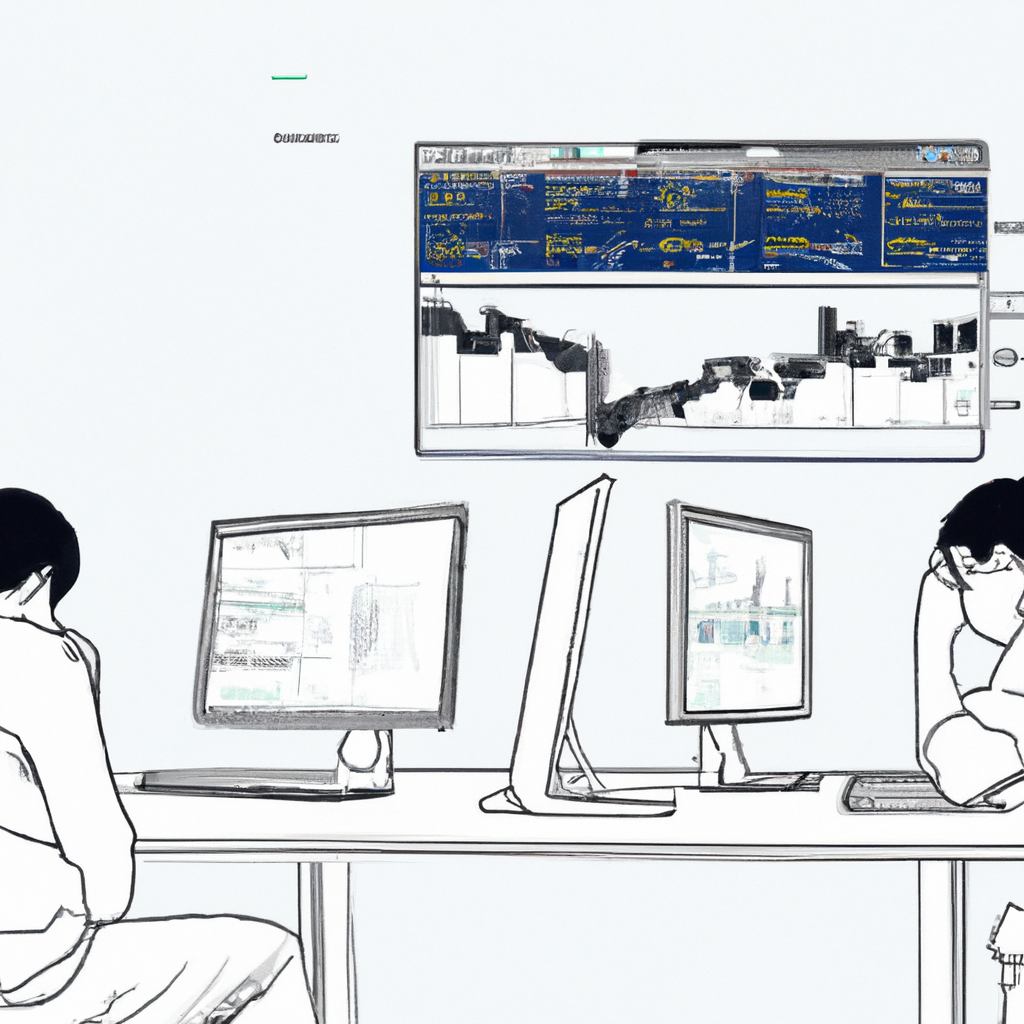With the U.S. election looming, prediction markets like Kalshi and Polymarket are drawing millions of dollars in bets on everything from who will win the next presidential race, to what hurricanes will hit land next or when the COVID-19 vaccine will be ready for launch. A federal court ruling halted bids to prohibit such bets under federal law, and since then users have been multiplying. Kalshi says that its user numbers have doubled daily. Traders on these markets bet money on events in exchange for payouts if their particular result comes to pass, and the prices – odds in point spread terms – move up and down according to the dynamic and fluctuating public perception. The market says President Donald Trump has 35-40 per cent odds, according to Kalshi; vice president Kamala Harris has 55-60 per cent odds.
However, despite this speculative enthusiasm, there is also a great deal of debate around the ethics and inevitability of monetising election results. Some believe it would simply serve to further undermine public faith in democratic processes, while others point out that election-results prediction markets serve as a much more accurate indicators of public opinion than polls. Furthermore, market operation does not necessarily result in profits for most participants, only a select few, and the reality is that this lucrative gaming trend is part of broader shifts in the gambling industry, which has expanded exponentially in recent years, particularly in relation to sports betting activities.
Photo by InGoPhoto/GettyThe increase in volume comes despite the ongoing legal uncertainty of prediction markets and possibly increased regulatory opposition from entities such as the Commodity Futures Trading Commission (CFTC). As we saw above, the biggest names in the world such as Elon Musk and Donald Trump have even joined the ‘fight’, insisting (incorrectly) that these markets are more accurate than standard polling. Not surprisingly, this has caused many participants to become even more sceptical of these platforms. As prediction markets grow in scale, we should all be thinking about how they could influence the public and political domains, not just about their legitimacy and the integrity of the electoral process but also about the types of narratives they generate, and how they could enhance – or undermine – civic discourse.
Source: Washington Post


